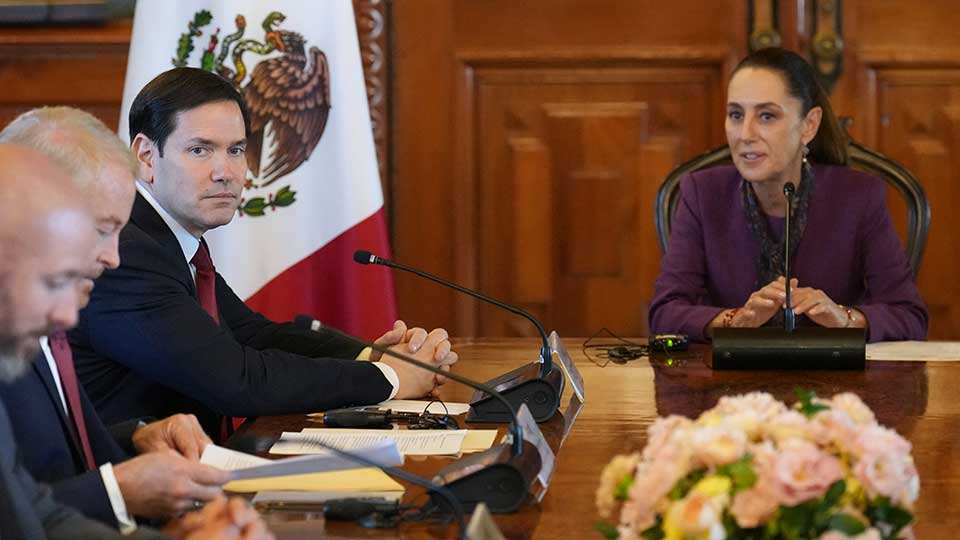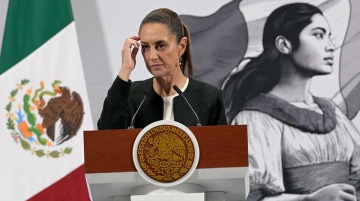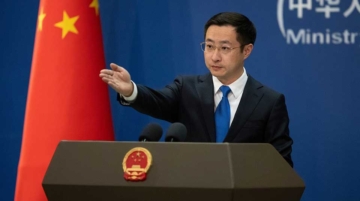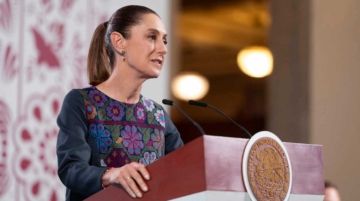
Phoenix News published a commentary by Liu Ying, a researcher at the Chongyang Institute for Financial Studies at Renmin University, on Mexico’s surprise proposal to raise tariffs on imports from countries without free trade agreements.
Announced on September 10 by President Claudia Sheinbaum as part of the “Mexico Plan” industrial policy, the reform would impose duties of up to 50 percent on more than 1,300 product categories, affecting around 8.6 percent of Mexico’s imports. While the government insists the move is aimed at protecting domestic industry, Liu argues it is more likely the result of U.S. pressure and a reflection of Washington’s broader push to weaponize tariffs against China and other emerging economies.
According to Liu, the consequences of this policy are twofold:
- First, by aligning itself so closely with the United States, Mexico risks binding its economic future to U.S. trade protectionism at the expense of its own industrial modernization and independence. Rather than strengthening competitive industries, higher tariffs will shield weaker sectors, undermining Mexico’s long-term development.
- Second, the decision threatens to disrupt global supply chains, particularly in industries like autos and auto parts where China is a major supplier and already commands a significant share of the Mexican market. Such measures could raise costs, discourage foreign investment, and damage Mexico’s credibility as a predictable business environment.
Why Is This Important? The commentary piece highlights a more strategic aspect: China’s call for Latin American countries to resist U.S. pressure and defend their own development interests. Beijing urges Mexico and the wider region to avoid sacrificing economic sovereignty and South–South cooperation in exchange for short-term alignment with Washington






